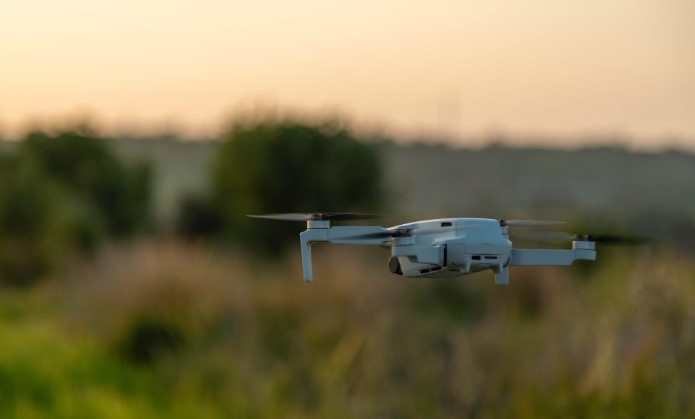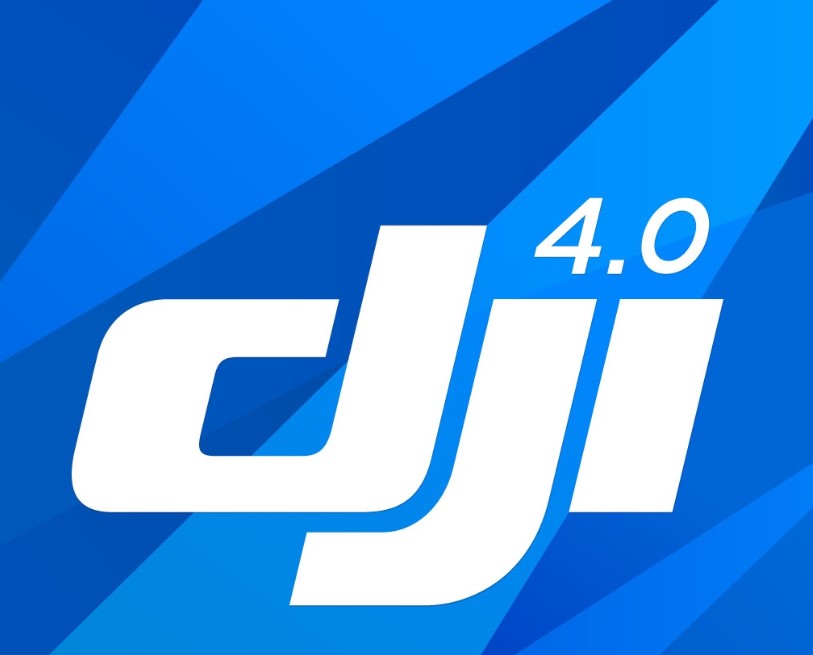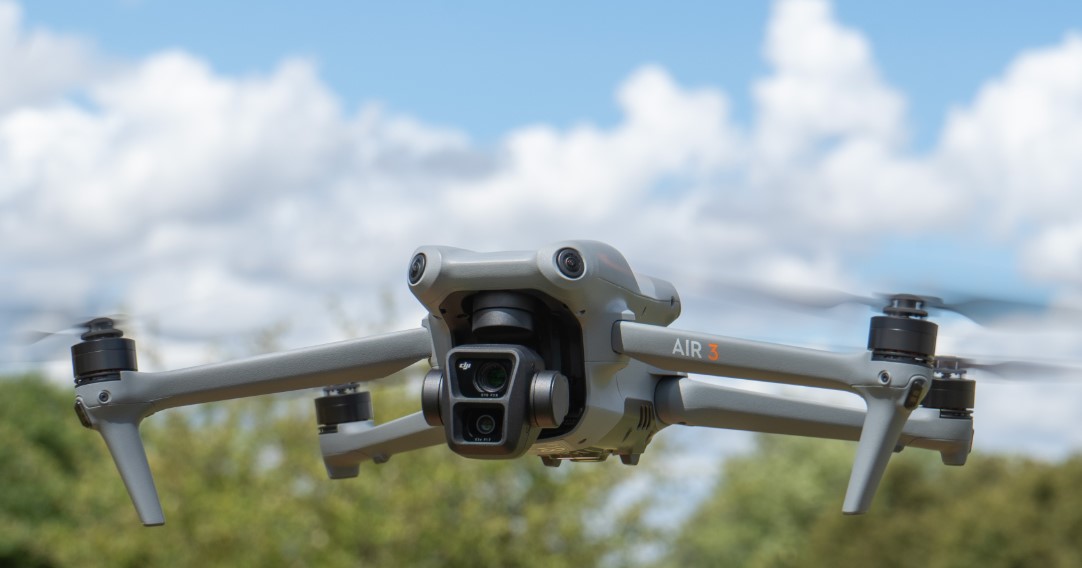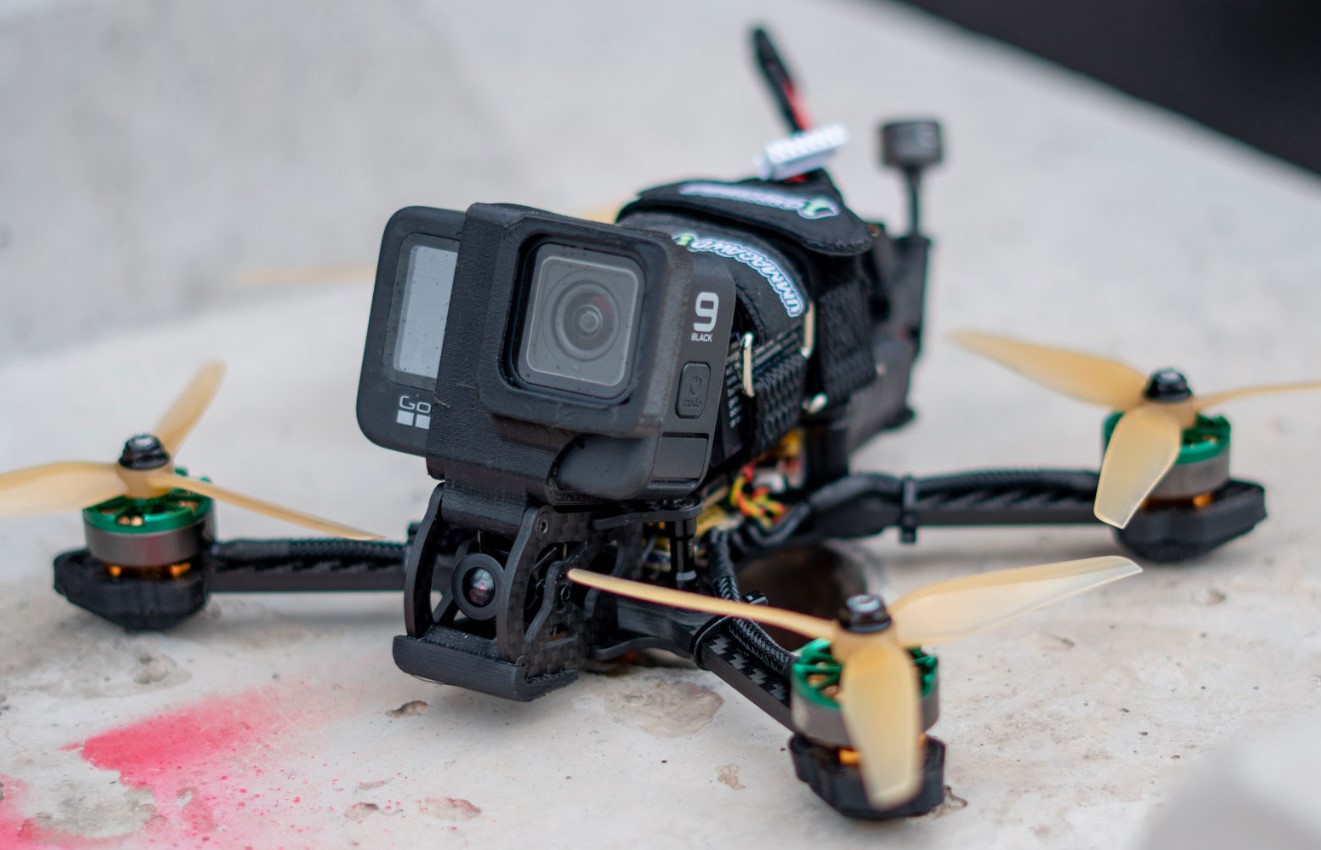Is Drone Deer Recovery Legal in Michigan? Drone technology has revolutionized various industries, offering innovative solutions to challenges in agriculture, real estate, and even wildlife management. One intriguing application of drones is in the field of deer recovery, particularly for locating wounded or deceased deer during hunting seasons. In Michigan, a state with a robust hunting tradition, the legality and ethical considerations surrounding drone deer recovery have sparked significant interest among hunters, conservationists, and policymakers. This essay explores the legal status, benefits, challenges, and broader implications of using drones for deer recovery in Michigan. Follow Dronevoz.com !!!
Is Drone Deer Recovery Legal in Michigan? The Legal Framework for Drone Usage in Michigan
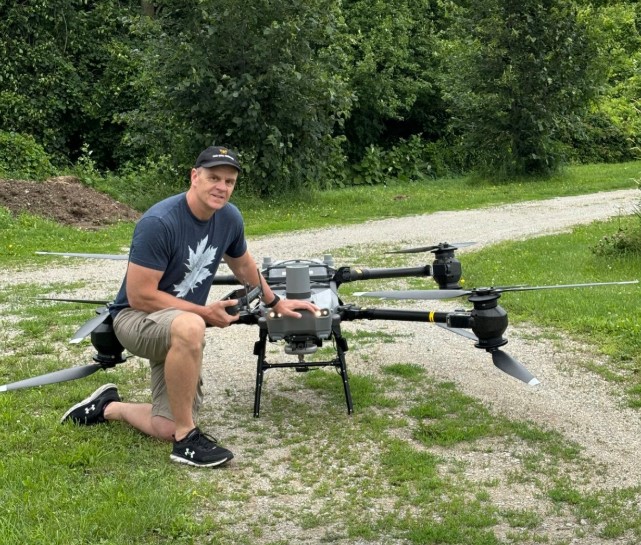
The use of drones in Michigan is regulated under both federal and state laws. At the federal level, the Federal Aviation Administration (FAA) oversees all drone operations, requiring compliance with rules such as registration, maintaining visual line-of-sight, and restrictions on flying over certain areas. However, specific uses, such as those related to hunting, fall under state jurisdiction.
In Michigan, hunting and wildlife management are governed by the Michigan Department of Natural Resources (DNR). According to the DNR, the use of drones to assist in hunting activities is generally prohibited. This includes scouting for game, driving animals toward hunters, or recovering animals that have been wounded. The primary rationale for this prohibition is to maintain fair chase principles, which emphasize skill and effort in hunting practices.
The specific regulation prohibiting drone usage for hunting-related purposes can be found in the Michigan Wildlife Conservation Order. It states that hunters cannot use electronic devices, including drones, to locate or pursue wildlife. Violations of this regulation can result in fines, loss of hunting privileges, and potential criminal charges.
Ethical Considerations
The prohibition of drones in deer recovery stems not only from legal concerns but also from ethical principles. The concept of fair chase is a cornerstone of hunting ethics, promoting respect for wildlife and ensuring that hunting remains a challenge requiring skill and patience. The use of drones to locate wounded deer could undermine these principles by giving hunters an unfair advantage and diminishing the traditional aspects of the sport.
Additionally, drones may cause stress to wildlife, including non-target species. The noise and presence of drones can disturb natural behaviors, potentially affecting ecosystems. Ethical hunters and conservationists argue that while recovering wounded game is important, it should not come at the cost of increased disruption to wildlife.
>>> Read More: Is Drone Deer Recovery Legal in Iowa?
Potential Benefits of Drone Deer Recovery
Despite legal and ethical challenges, proponents of drone deer recovery highlight several potential benefits:
- Efficiency in Recovery: Drones equipped with thermal imaging cameras can quickly locate a wounded or deceased deer, especially in dense forests or challenging terrains. This can reduce the time spent searching and increase the chances of successful recovery before predators or scavengers find the animal.
- Minimized Waste: Timely recovery of deer ensures that the meat can be salvaged, aligning with ethical hunting practices that emphasize the responsible use of harvested game.
- Safety for Hunters: Searching for wounded deer in unfamiliar or rugged areas can pose risks to hunters. Drones can mitigate these risks by identifying the location of the animal remotely, reducing the need for physical navigation in hazardous conditions.
- Wildlife Research and Conservation: Beyond hunting, drones have applications in wildlife research, helping biologists monitor deer populations, track migration patterns, and assess habitat conditions.
Challenges and Concerns
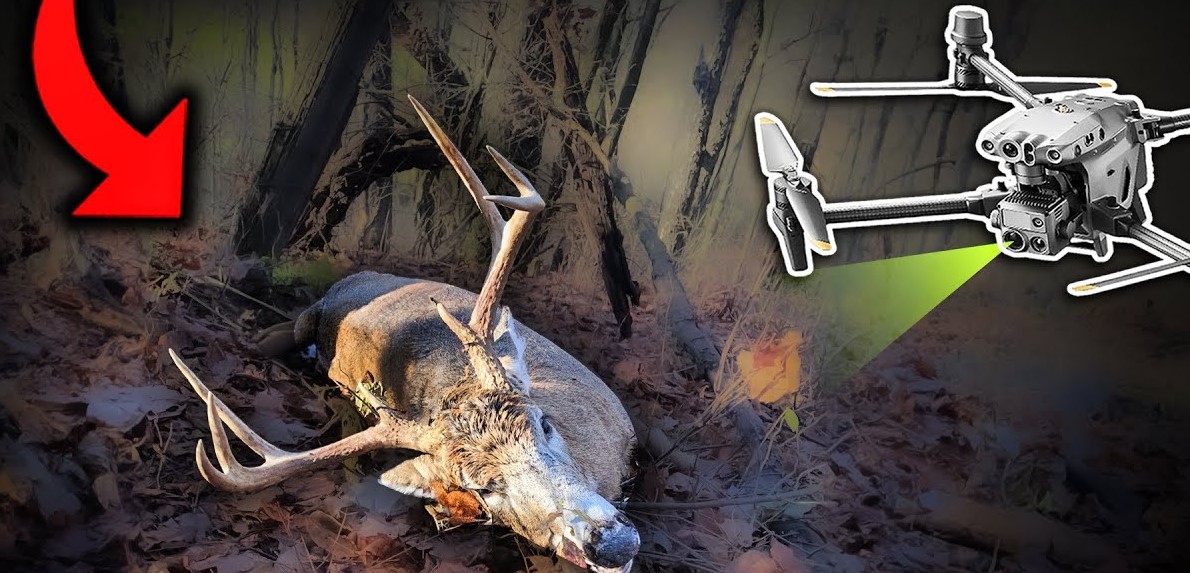
While the benefits are compelling, several challenges and concerns must be addressed:
- Legal Ambiguities: The current regulations in Michigan leave little room for the use of drones in deer recovery. However, some hunters may not be fully aware of these rules, leading to inadvertent violations. Clearer communication and education on drone regulations are necessary.
- Enforcement Difficulties: Policing the use of drones during hunting seasons can be challenging for law enforcement and conservation officers. The remote and discreet nature of drones makes it difficult to detect and prove illegal activity.
- Technological Limitations: While drones are effective in open areas, their utility in dense forests—common in Michigan—can be limited. Obstructions such as trees and foliage can interfere with drone navigation and imaging capabilities.
- Public Perception: The use of drones in hunting-related activities may face backlash from the public, particularly from non-hunters who view the technology as invasive or unethical. Building public trust and understanding of drone applications is crucial.
Alternatives to Drone Deer Recovery
Given the legal restrictions and ethical concerns, hunters in Michigan can explore alternative methods for deer recovery:
- Tracking Dogs: Trained tracking dogs are an effective and legal tool for locating wounded deer. They rely on scent trails to find animals, offering a traditional and ethical recovery method.
- Improved Hunting Techniques: Hunters can focus on improving their marksmanship and shot placement to reduce the likelihood of wounding deer in the first place.
- Collaboration with Conservation Officers: Reporting wounded deer to local conservation officers can help ensure that recovery efforts comply with legal and ethical standards.
The Future of Drone Usage in Wildlife Management
As drone technology continues to evolve, its potential applications in wildlife management are expanding. While current regulations in Michigan restrict the use of drones for deer recovery, future advancements could lead to changes in policy. For instance, the integration of AI and machine learning with drone technology may allow for more precise and less intrusive applications, addressing some of the ethical and environmental concerns.
Policymakers and conservationists may consider pilot programs or limited trials to evaluate the feasibility of using drones for specific purposes, such as recovering deer in remote areas where other methods are impractical. These initiatives could provide valuable data to inform future regulations and practices.
>>> Read: Is Drone Deer Recovery Legal in Wisconsin?
Conclusion
The question of whether drone deer recovery is legal in Michigan is clear: under current regulations, it is prohibited. However, the debate extends beyond legality to encompass ethical, environmental, and practical considerations. While drones offer significant potential benefits, including increased efficiency and safety, they also raise concerns about fair chase principles, wildlife disturbance, and enforcement challenges.
For hunters in Michigan, adhering to existing laws and exploring alternative recovery methods, such as using tracking dogs, remains the best course of action. Meanwhile, ongoing advancements in drone technology and wildlife management practices may pave the way for more nuanced regulations in the future. By balancing innovation with respect for tradition and conservation, Michigan can ensure that its hunting practices remain ethical, sustainable, and aligned with the values of its outdoor community.
